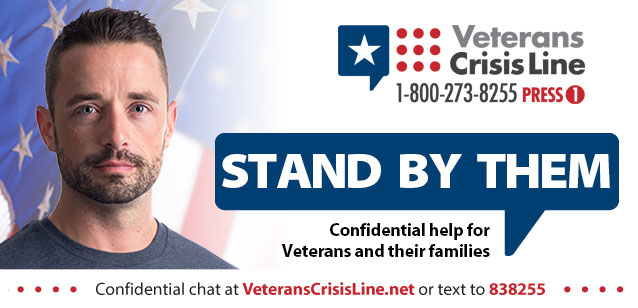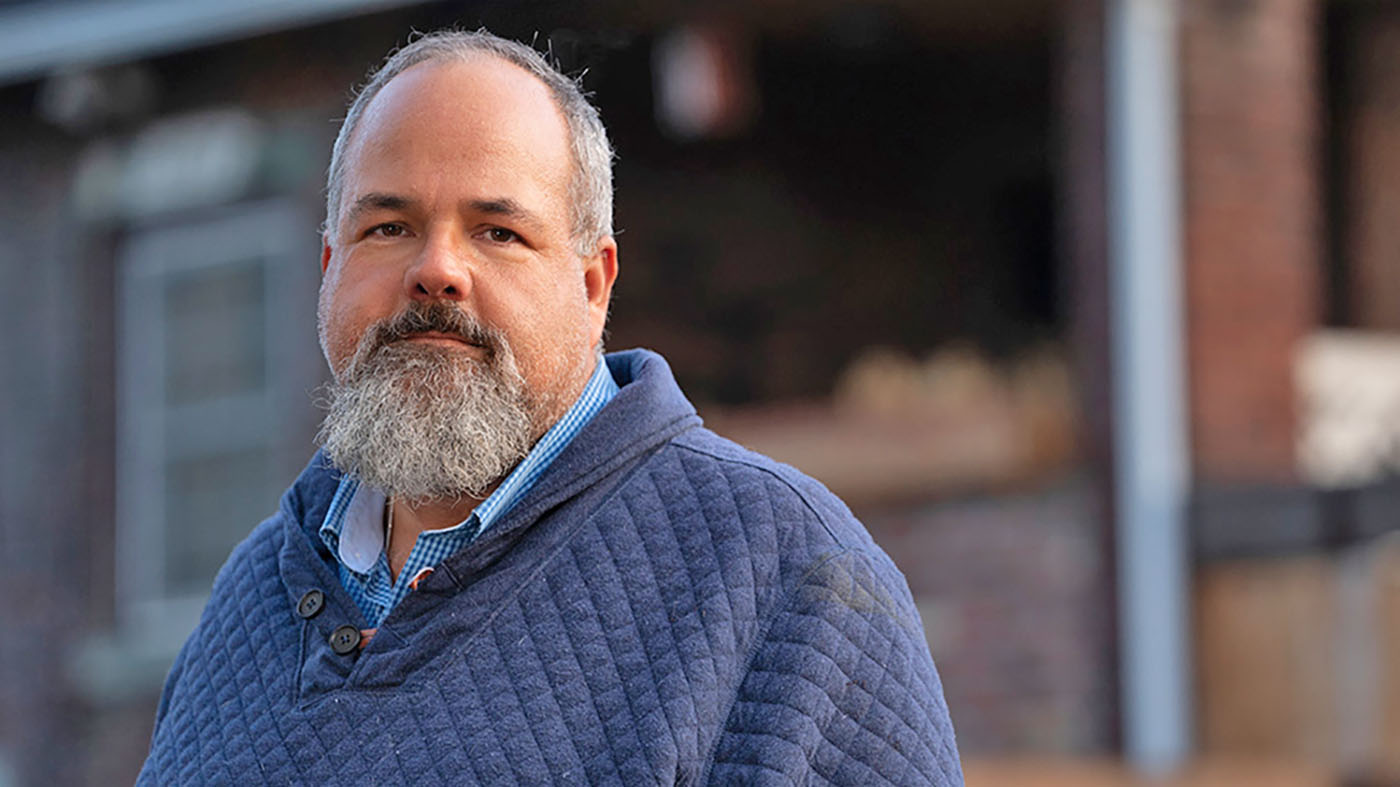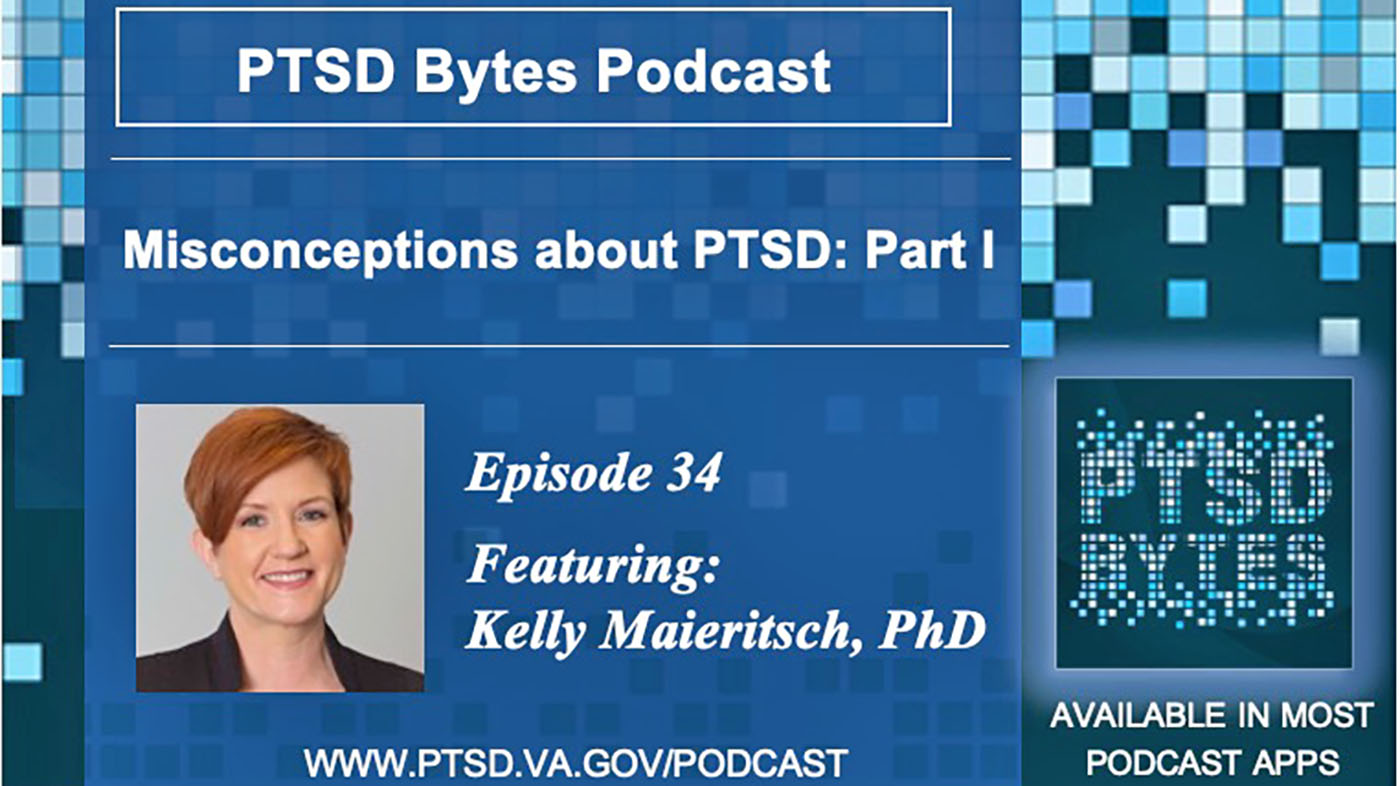Deputy Secretary Sloan Gibson today announced improvements to enhance and accelerate progress at the Veterans Crisis Line, which serves as a life-saving resource for Veterans who find themselves at risk of suicide.
Today, during his third trip to the crisis line in a year, Gibson announced that the crisis line would form a stronger bond with VA’s Suicide Prevention Office and Mental Health Services. This partnership includes VA’s National Mental Health Director for Suicide Prevention as well as several hubs of expertise, including one Center of Excellence focusing on suicide prevention research and education located at the same medical campus as the Crisis Line responders in Canandaigua, New York.
Gibson also announced that the Veterans Crisis Line would now be under the direction of VA’s Member Services, which has many efforts underway across the nation to restructure portions of VA that have direct contact with Veterans. This brings an expertise in ensuring staff in these vital roles have more streamlined processes, adequate training and resources at their fingertips, to better serve Veterans.
These structural changes build on key hires made in the last year to lead the crisis line, including a director with extensive clinical social work background.
“I witnessed again today that the employees at the Veterans Crisis Line have a tremendously difficult job and they complete it with care, compassion and professionalism,” said Gibson. I want to make sure that the trained professionals at the crisis line — folks I consider the best in the business — are able to focus on their core mission of focusing on the Veterans most in need of their help. They are life savers and we have to create the structure around them to succeed.
“Over the past year, we have put together a strong team to lead the employees at the crisis line. Today’s announcement of a structural change within the Veterans Health Administration and additional support from our experts in suicide prevention is another step to make sure the employees and the Veterans they speak with have what they need give Veterans a safe place to call when they need us most.”
As a part of the MyVA initiative, the largest restructuring in the Department’s history, VA has made improvements at the Veterans Crisis Line a key priority. By the end of this year, every Veteran in crisis will have their call promptly answered by an experienced VA responder. That will mean non-core calls will be directed appropriately to other VA entities that can best address their questions or concerns.
Already, VA has committed to increase staff at the Veterans Crisis Line. It now has more than 300 employees, and is in the process of hiring 88 more staff. At the same time, they have expanded the work area for responders and are making necessary technology improvements to phone systems and equipment to better handle the increased demand at the crisis line.
“Last year, counselors at the crisis line dispatched emergency responders to intervene and save the lives of Veterans in crisis more than 11,000 times,” said Gibson. “That means, on average, we’re stepping in to save 30 lives per day. Nothing could be more important.”
Key Facts:
- Since its launch in 2007, the Veterans Crisis Line has answered nearly 2 million calls — and nearly a quarter of those calls were answered last fiscal year — 490,000.
- The same is true for referrals to local VA Suicide Prevention Coordinators: One quarter of the 320,000 referrals made so far by crisis-line counselors were made in FY 2015.
- Crisis line counselors dispatched emergency responders to callers in crisis over 11,000 times last year (averaging 30 per day) — and over 53,000 times since 2007.
- Since adding chat and text services, they have engaged nearly 300,000 Veterans or concerned family members through chat or text.
Veterans in crisis, may contact the Veterans Crisis Line at 1-800-273-8255 and Press 1.They can also text or chat with our trained professionals online at VeteransCrisisLine.net.
Topics in this story
More Stories
On Thursday, June 20, 2024, VA joined more than 20 federal agencies to release its updated 2024-2027 Climate Adaptation Plan.
Be ready before a suicide crisis by learning about resources that are available. You don’t have to face it alone.
In a two-part series, Dr. Colleen Becket-Davenport discusses some common myths surrounding PTSD with Dr. Kelly Maieritsch.







I can see where you are coming from. As a mother I have seen my son struggle with PTSD. I have heard him struggle with the loss of 2 men in Iraq after just 3 weeks there. I have seen the damage that has taken place in his marriage and with his 2 children especially the oldest a boy. I saw the trouble getting help from his bosses and his officers. It is a sad time for vets especially when people look past them as a person. He just had a friend with PTSD kill himself in front of friends, one second he was happy and in a blink of a eye it was over. I feel for the families who have a loved one who struggle with PTSD daily. I want to know what takes so long for the VA to make decisions about disability. It would take some of the pressure off of the families to know about their future financial problems.
Another important issue would be to make sure Emergency Responders are properly trained.
Numerous Posts on-line about 911 Calls, etc. where the Responders overreact, etc., resulting in injury or incarceration, negligence, etc.
Though This is not a Crisis Line-exclusive responsibility, even one or a few Posts on Social Media/Internet can lead to false beliefs That all Emergency Responders AND the Crisis Line That called Them are responsible.
Suicidal doesn’t mean incapable or ignorant: a resourceful, intelligent person may become more paranoid, even violent in regards to Help.
And beyond the Crisis Line, there are still plenty of doctors and facilities responding poorly to patients.
VA Doctors, Staff included: One, in-response to my comments about the slow Treatment Procedure, stated “you could say you’re suicidal if you want a faster response”, another falsely stated “you cannot have PTSD unless the trauma happens directly to you”……I guess a Loved One shooting Himself in-front of me, yet still breathing/bleeding, the police admitting to not doing triage, then leaving me there alone, without telling me I had to clean-up ISN’T traumatic enough to cause PTSD.
Housing Assistance- after the suicide, I lost everything: I’d called the local VA, and was told no immediate appointments were available. I went to the Center and was seen within an hour. However, the doctor stated they Double Booked her, That we only had 30 minutes: out of the 30 minutes She spent 23 taking information I’d just given to Registration, the remaining 7 minutes talking about blood tests and the weeks/months it would take to establish treatment. I’d stressed the multiple traumas associated with my situation, starting to feel hopeless, no priority given.
At this point, I talked to a Housing Coordinator: She was kind and understanding, other than the doctors, Most are. However, she said she’d have to meet with colleagues several days later, and then it could be weeks, a month or two, before I would know if Housing was available.
Now, I understand This is a lot to ask of the VA, it is understood/promoted That such Services are an entitlement for Vets: maybe it was My Bad putting hope into the VA’s capabilities?? It All looks good in Highly Publicized Articles or when High Profile People talk about It, but Reality is much different.
The Kennedy who was on TV, speaking of a family member or himself, can’t remember: His Issue no different than so many others Who’re never heard.
If It can’t be done, then just say so: I’d rather know before wasting precious energy and hope on false beliefs. Too, I could’ve made alternate plans to seek help.
PTSD: I understand the importance of taking care of the Vets with Combat PTSD, no arguing That. They served our country, now we serve Them.
My PTSD is Non-Com, and has been treated as such. I’m still a Vet……I couldn’t choose to only Serve 20 or 30%, I loved Serving!
Have Complicated and Disenfranchised Griefs, some Social Anxiety, Learned Helplessness……and I’m sure Depression by now.
Why does it sound like self-diagnosis? Well, February was a year that I’ve been Surviving on my own. I’ve been as open as possibly: was told by the VA Doctor I talk too much/fast, She questioned my claim of an IQ of 165: I know What’s said about IQ Tests, but I know My Mind.
Tried to maintain Optimistic Response, presented Self Tests from PsychologyToday and PsychCentral …. ignored/ questioned: guess all the PHDs who write for these Sites took the same IQ Tests.
Even presented several articles written by Neuroscientists when She implied my ADHD, It’s Affects and Meds have nothing to do with my other issues.
A year now: She put me on an antidepressant, and did give me my ADHD Meds, nothing about the other “little things”.
It’s great! That the Crisis Line is doing more to get the ball rolling, but when the track’s filled with potholes, it’s kinda fruitless.
Changes need to be evaluated a year from now!
Identify Core Elements for Success?